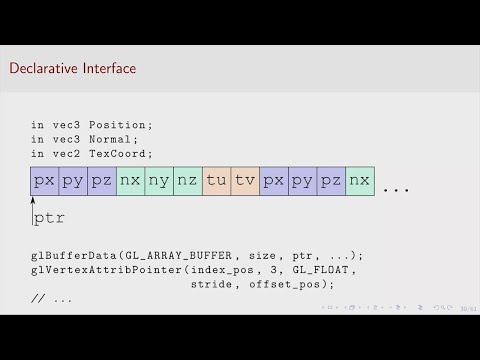By Andreas Weis
A collection of design techniques for hardening library interfaces against misuse and catching common user errors at compile time.
C is a language with many sharp edges. Besides the core language providing plenty of features that allow users to shoot themselves in the foot, higher-level library interfaces are also often designed with complex preconditions, the violation of which can again lead to undefined behavior and results that are just as unpredictable as what results from misuse of a lower level language feature. Fortunately, through clever use of the C type system we can design interfaces in a way that makes them much harder to misuse accidentally and drastically reduce the opportunities for bugs in user code.
In this talk, we will present a number of design techniques that allow library designers to reduce the possibilities of misuse by their users, by pushing the detection of precondition violations from run-time to compile-time. We will show how to distinguish different categories of preconditions and how we can use the C++ type system to prevent accidental violation of those preconditions at runt-time. We will demonstrate with a number of code samples how the use of such type-based techniques prevents interface misuse in practice and take a look at the trade-offs that arise from such an approach.












